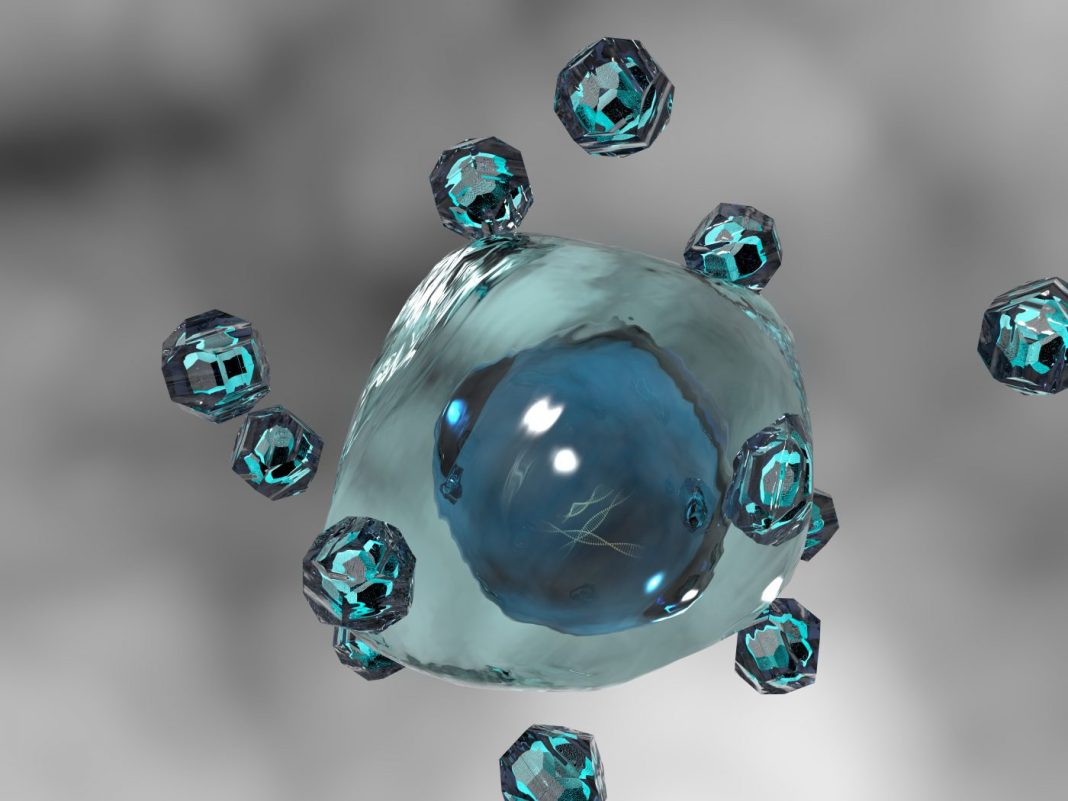AGC Biologics reports that it is significantly expanding its contract development and manufacturing organization (CDMO) services with plasmid DNA (pDNA) offerings from its Heidelberg site in Germany. With the demand for pDNA growing rapidly, AGC Biologics is leveraging 25 years of experience and comprehensive in-house analytics development to ensure customers short and dependable timelines, according to its CEO Patricio E. Massera, who adds that the demand for pDNA is growing at 20% CAGR for many different applications.
pDNA has been used for many years in the manufacturing of DNA adjuvants and vaccines and as a starting material for RNA drugs and cell-free protein expression platforms. However, in more recent years, pDNA has been key for gene therapy applications for the creation of Lentivirus and Adeno-associated viruses as well as direct gene therapy.
“Our priority has always been to serve our customers with a commitment to continue innovating. By expanding this plasmid DNA supply commercially, we’re meeting the growing demand,” says Massera. “Our globally aligned network is equipped and experienced to take on this expansion. We look forward to working with our customers to help them achieve their goals.”
The AGC Biologics facility in Heidelberg, Germany has been manufacturing pDNA for 10 years. Now, the site has completed a pDNA manufacturing process improvement project that enables the extension of the offer in hosts and plasmids (low and high copy pDNA expression systems) via a large toolbox in process development with scales of 1L to 10L for High Quality pDNA. These processes can easily be scaled up to fit into the established 50L, 100L, 500L or 1000L GMP manufacturing, explains Massera.
“With microbial facilities in Heidelberg [Germany], Copenhagen[Denmark], and Chiba in Japan, and soon an additional microbial facility in Seattle [United States], AGC Biologics has decades of experience in microbial CDMO manufacturing, including commercial market supplies with FDA, PMDA and EMA approvals,” he points out. “These best in class services have been focused on proteins as Drug Substance, like antibody fragments, enzymes, vaccines and much more, but also on plasmids.”


